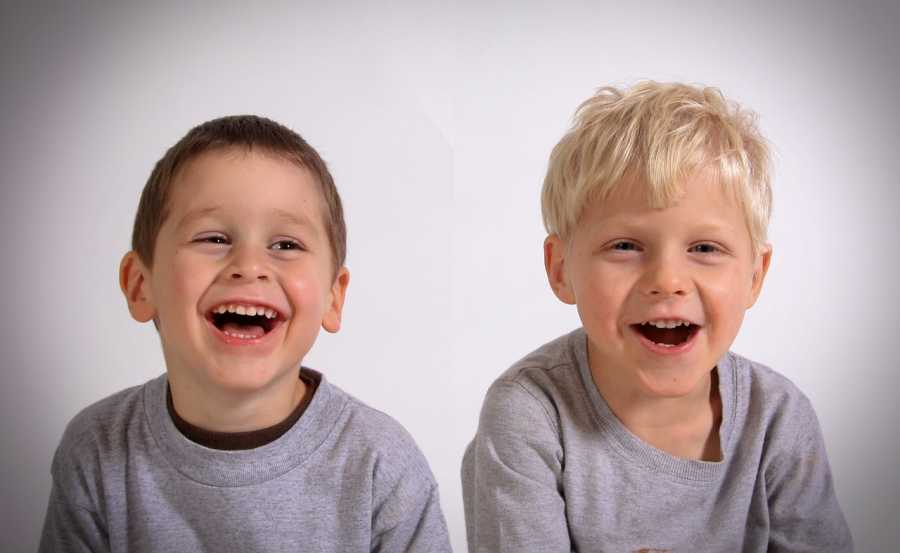Learning how to tell better kids jokes is something we can all benefit from. Whether you’re a parent, a grandparent, an aunt, an uncle, or a school teacher, most of us have a child in our lives that we want to entertain. Having a sense of humour can brighten up your life, ease tension, improve your health and help you to bond with others, which makes it something worth cultivating.
Thankfully, making children laugh isn’t all that difficult – most young ones will laugh at almost anything. That being said, if we want to tell good kids jokes, it can help to understand a bit of the theory behind what makes something funny, especially from a child’s perspective.
What’s so funny?
To an extent, experiences of humour are subjective – a child’s sense of humour is typically different to an adult’s, and what makes a 4-year-old laugh probably won’t have the same effect on a 13-year-old. However, at its core, humour means the same thing for everyone – it’s a psychological response in which we experience the positive feeling of amusement and the tendency to laugh.
The most widely accepted theory of what makes something funny is the incongruity theory – meaning that the stimuli must surprise us; it must violate our understanding of how the world should be without causing harm or danger.
So how do we do that?
There are some general ways in which we can develop a good sense of humour in both ourselves and in our children besides simply telling kids jokes. These include:
- Trying to view things from a different perspective rather than the obvious one
- Not taking life or oneself too seriously
- Being willing to engage in the playful side of life
- Practicing spontaneity; and
- Understanding unconventional ideas.
It’s important to know what kind of humour is most likely to appeal to your young one based on their developmental stage. Here are the things that are likely to make a child laugh at each age:
Infants
Babies obviously aren’t going to have a nuanced sense of humour since they’ve only just emerged from the womb, but they can innately appreciate joy. Smiling, laughing and making funny noises and faces are all great ways to make an infant laugh. They also love physical stimuli – think tickling and blowing raspberries on their belly.
Toddlers
Toddlers love physical humour, especially those which are surprising. Peek-a-boo, tickling and silly faces are all likely to make a toddler chuckle. At this age they will probably start trying to make you laugh, too, by doing the opposite of what you say. Slightly older toddlers will start to find incongruous pictures and sounds funny (such as a pig that says “neigh”) and develop a fascination with toilet humour.
School-aged children
Once a child starts school, they’re likely to genuinely start enjoying your hilarious kids jokes. This is because they are developing greater verbal abilities which allow them to appreciate wordplay such as puns and riddles. Despite their increasing sophistication, they’ll still find slapstick and toilet humour wildly funny.
Older school-aged children will start to be able to appreciate sarcasm and irony, fully understanding it by around the ages of 10-12. So maybe don’t pull out the sarcastic kids jokes until they’re a bit older; younger children will probably take you literally and get quite upset.
Telling better kids jokes is something that we can all do with understanding and practice. Make sure to get the children involved, too, by encouraging them to be funny and make up their own. Keep things light and avoid hurtful or inappropriate humour.

